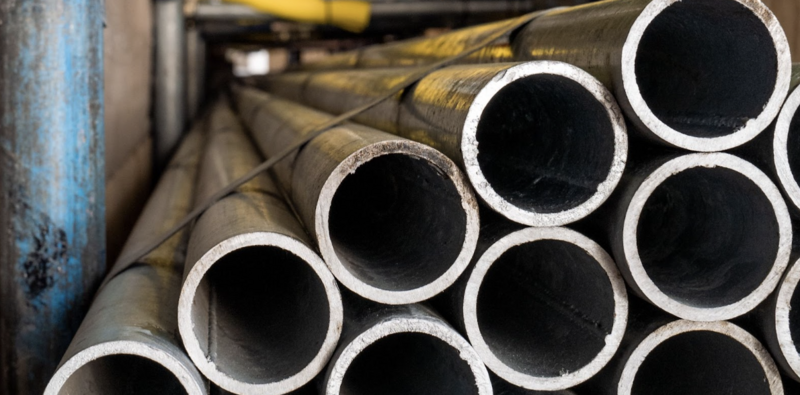Whom amongst us hasn’t spent a little too much on something we really wanted? The federal government certainly has on its newest pipeline.
Driving the news: Earlier this week, Canada's energy regulator denied Trans Mountain’s request to increase tolls for shipping oil on the soon-to-be-completed Trans Mountain Pipeline (TMP) as the crown company searches for ways to pay off its massive debt.
Catch-up: The federal government purchased the TMP from Kinder Morgan in 2018 to ensure the project’s competition and the increased oil shipping capacity it would bring. Its original budget was $5.6 billion—in the ensuing years, that’s ballooned to $30.9 billion.
How did we get here? Per Global, Trans Mountain cited ten factors contributing to the unforeseen cost increases, including inflation, cultural preservation, and weather events.
- The main factor cited for recent cost overruns was “engineering and plan maturity,” which is a fancy way of saying “making a bunch of mistakes, but learning from them.”
- Critics say the project’s cost overruns are a result of poor planning, with one economist telling Global, “They haven’t known what they’re doing.”
Why it matters: If the TMP can’t generate enough revenue, the government will be forced to write off much of its debt—as much as $18 billion, according to one recent estimate. That sizeable sum would likely be covered by—you guessed it—taxpayers (who had no say in pipeline construction techniques).
Bottom line: The TMP is expected to start operation early next year. But even with promises that it will triple oil exports from Alberta to BC and open up the Asian oil market (a promise which has also been called into question), it’s unclear whether anyone will be able to claim it’s much of a success.—QH
